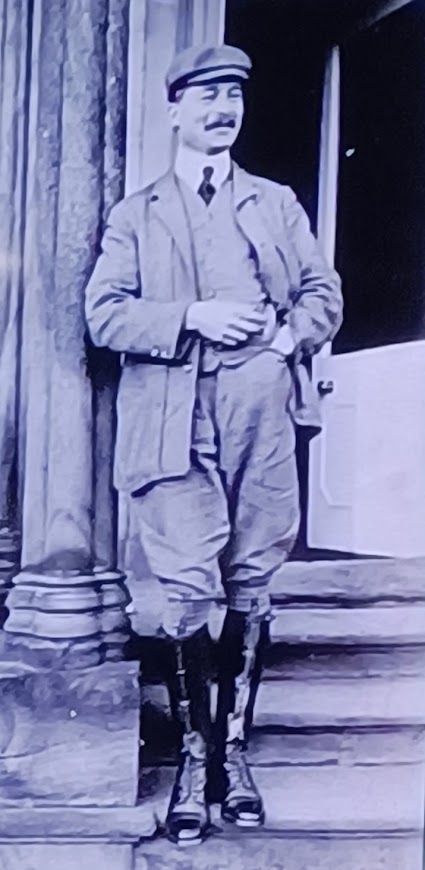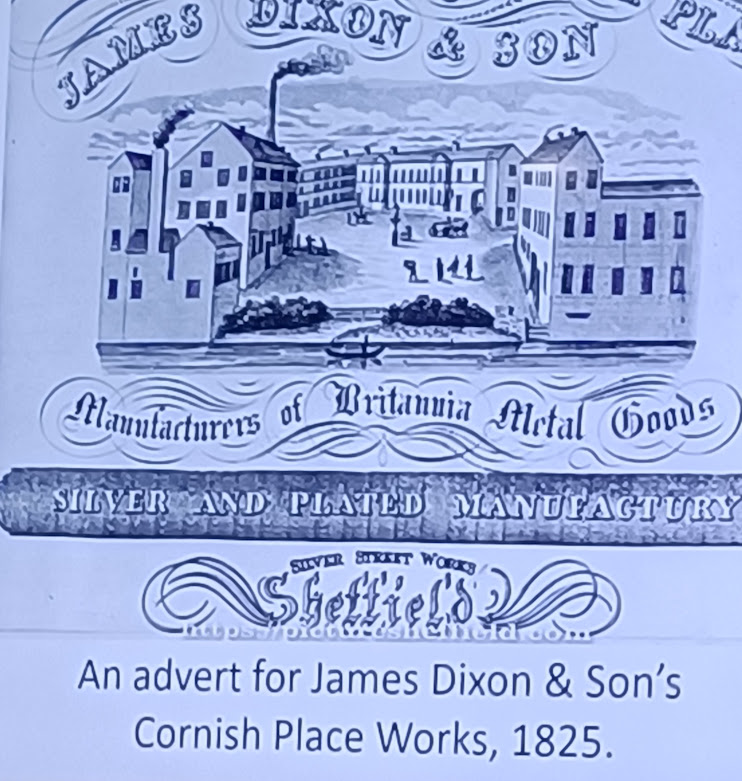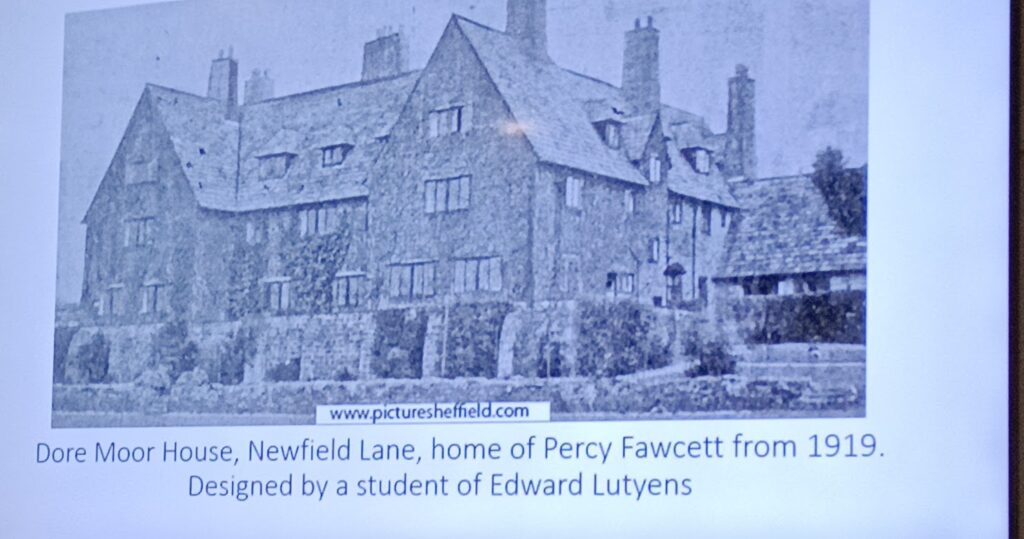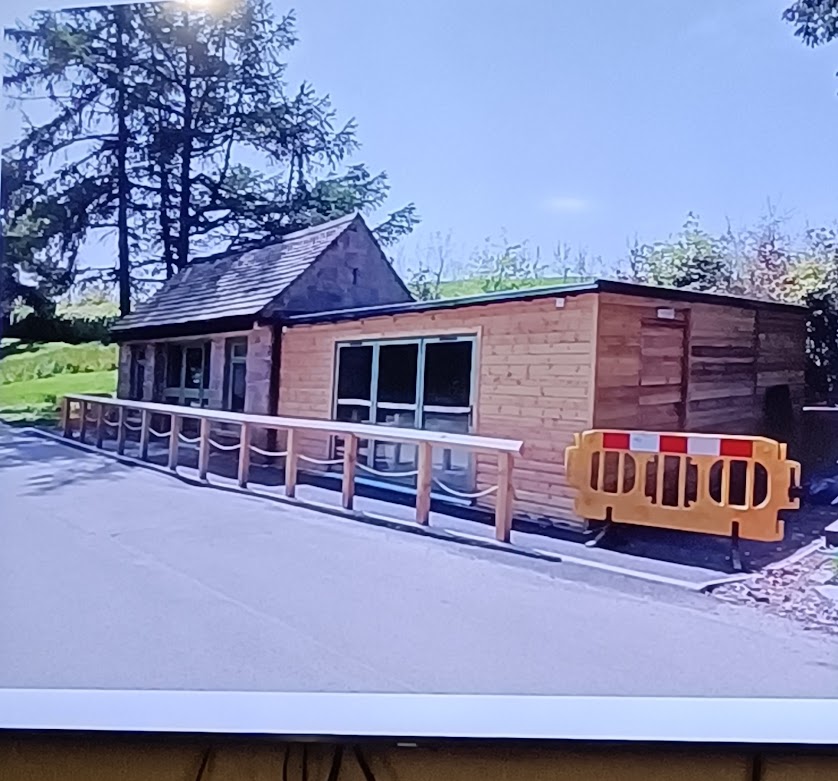
Sue Turner is a volunteer at not only Whirlow Brook Park but also Friends of the Porter Valley and keen on the history of all of Sheffield’s parks. Sue explained that initially restoration of the rock garden at Whirlow Brook was started by a U3A group founded as recently as 2021 but The Friends of Whirlow Brook Park now tend to the whole of the park’s area some 39 acres, quite a challenge. Sue then proceeded to give us a fascinating and detailed history of Whirlow Brook Park and Hall starting from its early beginnings. The land on which the hall was built was acquired in 1906 by Percy Fawcett who commenced construction work and development of the gardens including lakes and ponds that we still see today. In 1913 Percy bought a further 8 acres to extend the holding and gardens located at the time amongst open countryside far from the industrial pollution created by Sheffield’s then booming industries.

Percy Fawcett was one of the great grandsons of James Dixon the founder of James Dixon & Sons a major manufacturer of pewter goods who branched out into other markets including Britannia Metal silverware and electroplate establishing a worldwide business from Cornish Works so named as the tin for Britannia Metal was imported from Cornwall. The company in the 1860’s employed some 700 workers the works extending to in excess of 4 acres on the banks of the river Don. The company were benevolent employers offering generous benefits to their workforce not seen in many similar operations at the time.

Percy did not go into the family business following training as an engineer he initially was employed by Laycocks before being appointed as chief engineer at Thomas Firth & Sons. Percy was lucky to catch the eye of the bosses daughter and he and his family lived at Whirlow Brook until 1919 when he moved to Dore Moor House selling Whirlow Brook to his sister Madge and husband Walter Benton Jones the son of a Baronet and a prominent industrialist with numerous business interests including coal mining succeeding his father as MD of Rother Vale Collieries. Madge was a very keen gardener and many of the plants and trees that we see today in the park are as a result of her efforts with her gardeners during her lifetime.

In 1936 Walter inherited his family estate Irnham Hall Nr. Grantham. and the Baronetcy the estate extending to approximately 2,000 acres and a local pub. Sadly Madge died only two years after Walter obtained the baronetcy and following her wishes she was interred in the grounds of the hall where a plaque remains to this day commemorating this sad occasion. Walter remained at the Hall until 1946 when he moved back to the family estate where his beloved wife’s remains were relocated sometime later. The house was then sold to Sheffield City Council to provide open space to the expanding population of the city and for many years maintained the House and Gardens to a high standard however with ever increasing demands on their budgets sadly less and less maintenance was carried out and although the Council still cut the grass and hedges much of the maintenance is now done through volunteers and The Friends of Whirlow Brook. Any volunteers from Probus most welcome and attendance at low key functions that are held to raise funds and awareness.
Since 1946 The Hall has had various uses as a convalescent home for injured soldiers in WW11, a centre for educational and community events including a café and most recently as a wedding venue with Vine Hotels having a lease from the Council.

Sadly, there has been no café or public amenities on site for some years however work has now commenced on conversion of the original toilet block to create a café and much needed toilets which should see an expansion of use by Sheffielders and others.
A fascinating and expansive talk much enjoyed by those in attendance.
